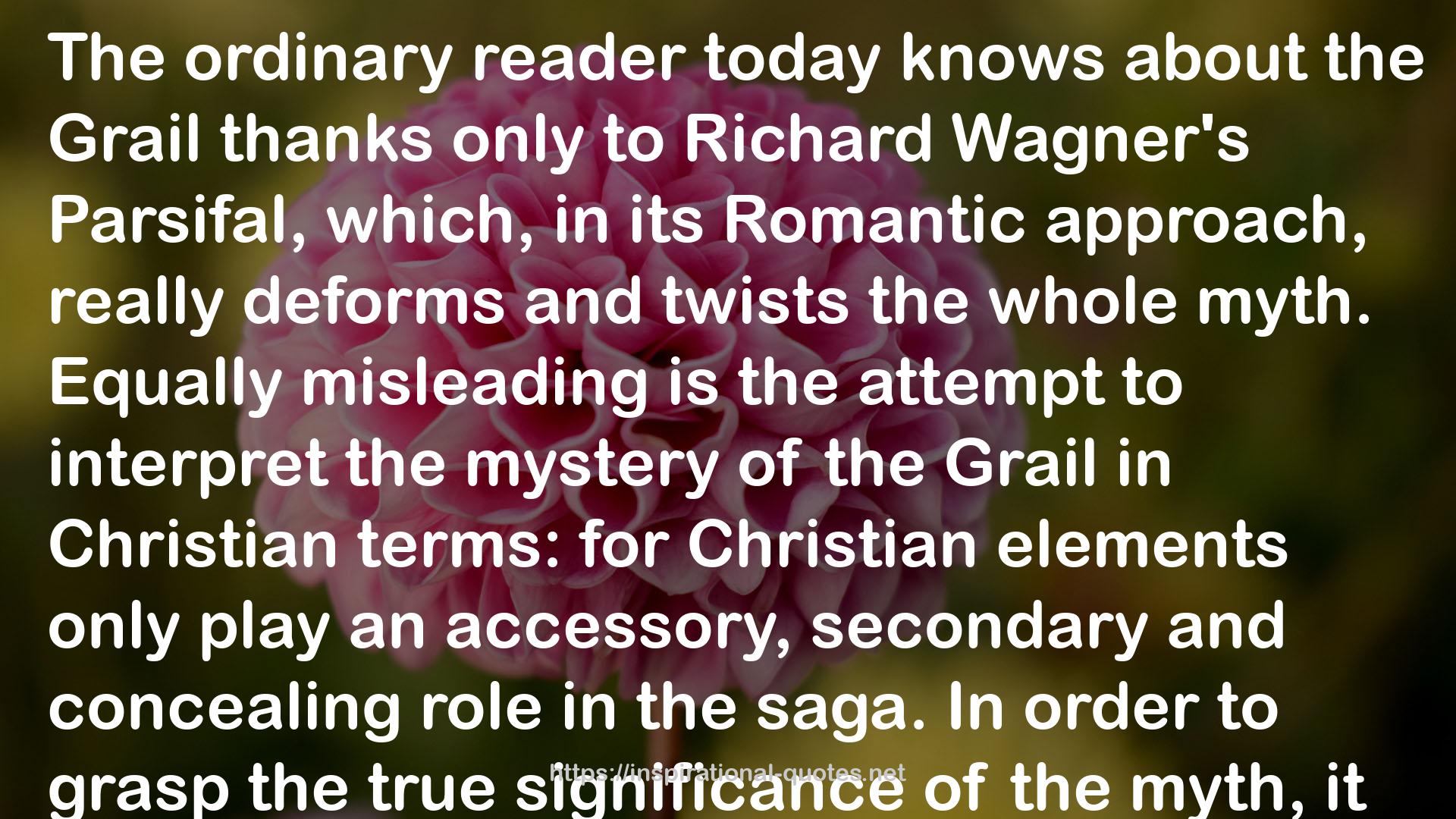The Path of Cinnabar QUOTES
SOME WORKS
- The Great Night
- Walls and Bars: Prisons and Prison Life in the Land of the Free
- The History of Edinburgh
- The Telegraph Girl
- おやすみプンプン コミック 全13巻完結セット (Oyasumi Punpun Box Set)
- The Malady of Death
- Hippie
- The City in the Middle of the Night
- Is Winona Ryder Still with the Dude from Soul Asylum? and Other LURID Tales of TERROR and DOOM!!!
- The Invisibility Cloak

